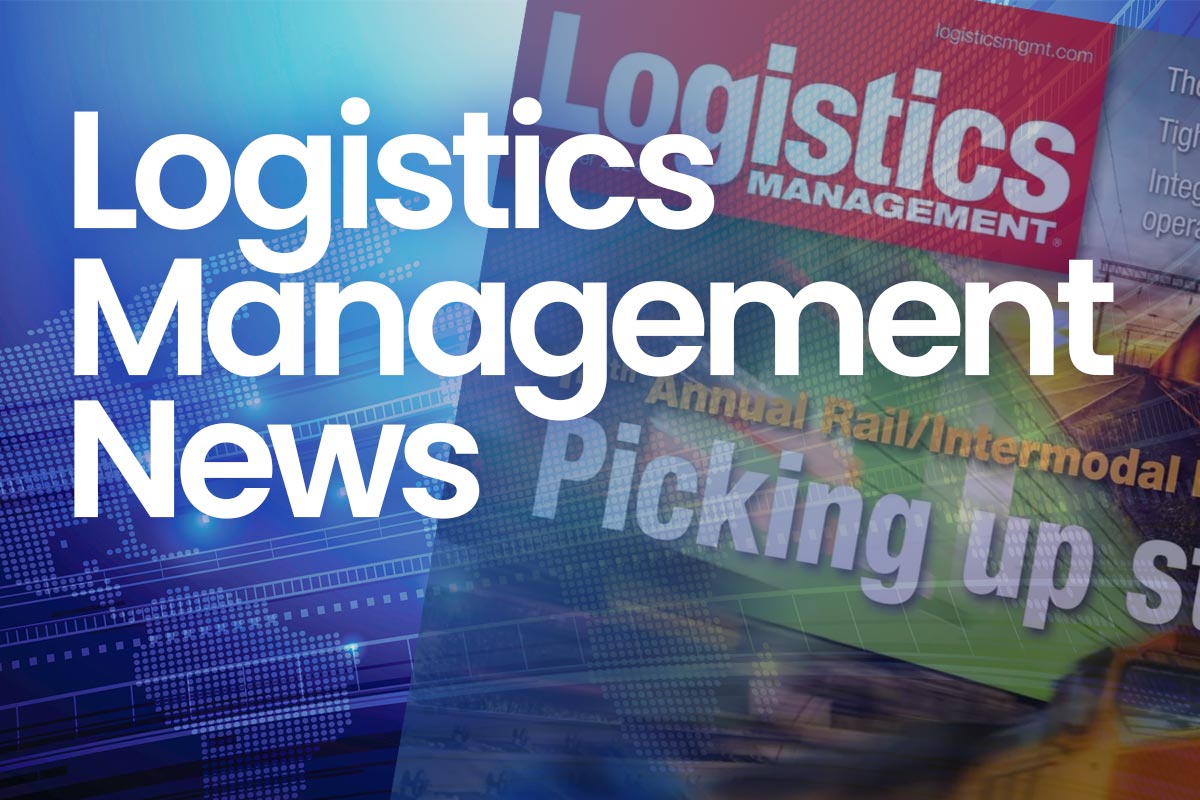Just two days after the United States placed matching 25% tariffs on Mexico and Canada (with energy resources from Canada receiving a 10% tariff), as well as an additional 10% tariff on goods imported to the U.S. from China, President Trump said in a social media post earlier today tariffs on goods imported to the U.S. from Mexico and Canada now will not go into effect until April 2.
These tariffs will apply to U.S.-bound goods from Mexico and Canada under the United States-Mexico-Canada Agreement (USMCA) trade deal, according to an Axios report.
Earlier today, various reports stated that Mexico would not be required to pay tariffs on any goods that fall under the United States-Mexico-Canada Agreement (USMCA) trade deal until April 2, when Trump has promised reciprocal tariffs for all countries. And not long after that was followed by reports stating that the exemption would also be applied to Canada.
This is the latest move in a series of what could be viewed as push-and-pull tariff actions, with the White House initially implementing tariffs on all goods imported to the U.S. from Mexico and Canada on February 2, which were delayed for a month one day later. That was followed by the aforementioned tariffs going into effect on March 4 and then subsequently paused again on March 6.
CNBC reported that the U.S. tariffs still apply to a large number of Canadian, Mexican goods, including about 50% of Mexican imports and more than 60% Canadian goods, adding that the exemptions apply only to goods that are compliant with the United States-Mexico-Canada Agreement. The report also noted that a White House official said that only about 50% of Mexican imports and 38% of Canadian imports are USMCA compliant.
Under USMCA, goods can move between the U.S., Mexico, and Canada without tariffs if they meet certain rules — like being mostly made in North America. For example, cars must be at least 75% North American-made to qualify.
The 25% tariffs, which apply to imports from Mexico and Canada, sparked a stock market sell-off and company warnings that prices could rise on everything from food and cars to new homes.
The day after the tariffs started, the White House said cars that meet USMCA rules could skip the tariff. According to Anderson Economic Group, that saved automakers from price hikes of $4,000 to $10,000 per car.
Trump said the tariffs were meant to pressure Mexico and Canada to help fight fentanyl trafficking, though data shows less than 1% of fentanyl seized at the border comes from Canada.
With these tariffs now expected to take effect on April 2, that date is when the White House said is when reciprocal tariffs on countries placing import taxes on U.S. goods are set to take effect.
In mid-February, the White House said its reciprocal tariffs plan will address and focus on: tariffs imposed on U.S. products; unfair, discriminatory, or extraterritorial taxes imposed by U.S. trading partners on U.S. businesses, workers, and consumers and also include a value-added tax; costs to U.S. businesses, workers, and consumers arising from non-tariff barriers or measures and unfair or harmful acts, policies, and practices, including subsidies and burdensome regulatory requirements on U.S. businesses operating in other countries; policies and practices that cause exchange rates to deviate from market value; and any other practice that the USTR, in consultation with the Secretaries of Treasury and Commerce and the Senior Counselor to the President for Trade and Manufacturing, judges that it imposes unfair limitation on market access or any structural impediment to fair competition with the market economy of the U.S.
This development comes one day after the White House granted a one-month exemption to Ford, General Motors, and Stellantis were delayed for one month.
Marc Iampieri, global co-leader of the Logistics & Transportation practice, as well as Partner and Managing Director, for New York-based AlixPartners, a New York-based global consulting firm, told LM that these abrupt tariff actions are certainly disruptive and could be destabilizing to supply chains in certain sectors.
“Many companies we have spoken to about this already have plans in place to diversify suppliers and in some cases customers ahead of these actions,” he said. “Unfortunately, it is very difficult to react overnight and the response now is to try to accelerate some of those moves. There already has been some increased forward buying to try to increase buffer in advance of higher tariffs, and supply chains have been able to absorb that demand with minimal issue…partially due to suppressed overall demand for services.”
And he also noted that his firm believes that for some commodities and, or, industry subsectors, the retaliatory tariffs on exports with have a relatively quick destructive impact to demand and that will require adjustments to the supply chain plan (for shippers).
A recent LM reader survey of 100 freight transportation, logistics, and supply chain stakeholders found that 60% of respondents said they don’t believe tariffs will improve logistics and supply chain operations.
Reasons cited for this include increased costs, disrupted supply chains, inflation risks, the need for shippers to find alternate suppliers, higher production costs leading to reduced demand, and retaliatory tariffs causing supply chain disruptions.
“Tariffs will raise prices for manufacturers and consumers,” one shipper respondent said. “They will disrupt the flow of goods across the Canadian and Mexican borders, making it more difficult to maintain profitability. There are no winners in a ‘Tariff War.’”
However, 40% of respondents believed that tariffs would improve logistics and supply chain operations. Reasons cited included making American-made goods more competitive, bringing more manufacturing back to the U.S., and the potential for increased business volume based on future trade deals with desired trading partners.
“They will help get things into a more aligned, proper order,” one respondent stated. “Remember, [Trump’s] ultimate goal is free trade—or at a minimum, fair trade—and, when needed, leverage trade to improve things like our borders.”
Supply Chain 24/7 Editorial Director Andy Gray contributed to this report.



